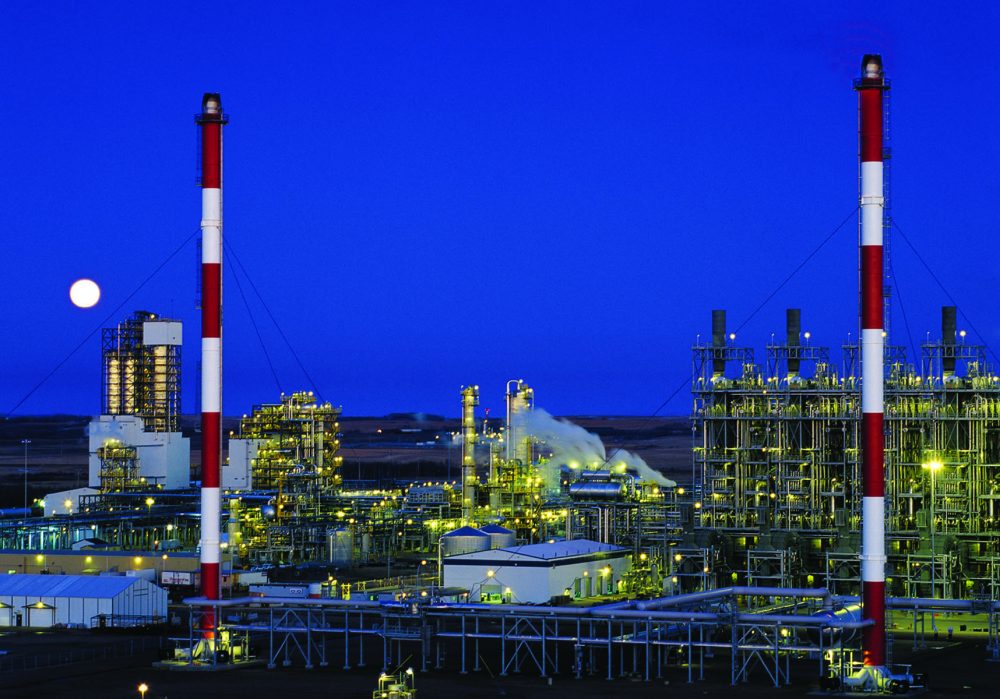Nova Chemicals reached an agreement in July with their Mexico joint venture partner, Grupo Idesa, regarding the sale of Nova’s 50% interest in the Novidesa joint venture to Grupo Idesa. Novidesa is a manufacturer and distributor of construction systems.
Nova has also recently decided to begin to wind down Accelerated Building Technologies business and its related technologies, while, on a parallel path, continuing to entertain strategic options, including a sale of these assets. The remaining assets and associated businesses of the Syntheon subsidiary continue to be available for immediate sale.
Category Archives: Industry Blog
Carbon Sciences’ technology could change natural gas industry, aid gasoline production
Carbon Sciences revealed that new research confirms that the company’s carbon dioxide (CO2) dry reforming catalyst technology can effectively use low value, high CO2 content natural gas. The company’s CO2 technology could dramatically change the economics of the natural gas industry by allowing for the commercial use of vast amounts of low value, high CO2 content natural gas to make valuable products, as well as reduce industry-wide CO2 emissions for all natural gas producers.
Most of the world’s natural gas reserves contain some amount of CO2. With current technology, natural gas is economically viable only when the CO2 content is less than 10-15% of the total volume. If the CO2 content is higher, then the removal process is prohibitively expensive, therefore leaving these natural gas reserves uneconomical to develop. To be marketable and pipeline ready, the CO2 content must be reduced at the wellhead to a content level of approximately 2.5%.
Carbon Sciences’ is commercializing its CO2 dry reforming catalyst technology that converts CO2 rich natural gas directly into synthesis gas (syngas). Syngas is an industry standard feedstock used to make many valuable products, such as hydrogen, fertilizers, methanol, plastics, as well as liquid fuels such as gasoline, diesel and jet fuel. By processing CO2 rich natural gas directly using its CO2 technology, Carbon Sciences’ management believes that certain natural gas producers can unlock the cash value of their high CO2 gas fields and that all natural gas producers can reduce their CO2 emissions.
The technology could produce synthesis gas (syngas) from natural gas to feed operations using ExxonMobil’s proprietary methanol to gasoline (MTG) process. MTG gasoline is fully compatible with conventional refinery gasoline and can be either blended with conventional refinery gasoline or sold separately with minimal further processing. Carbon Sciences believes their technology could be a very good front-end solution for users of ExxonMobil’s MTG process. Other approaches to transforming natural gas into transportation fuels require a refinery step.
DuPont Statement on Titanium Dioxide Demand Outlook – Yahoo! Finance
ArboraNano receives “Celebrate Partnerships!” award for role in NanoCrystalline Cellulose Commercialization Effort
Sarnia-Lambton chemistry industry poised to attract $2.5 billion in investment over coming decade; Minister Duguid to visit key manufacturing facilities
Rebranding of AC Plastiques to Plasticon Canada
Starting Officially This Week, Plasticon Canada (Formerly Known as AC Plastiques Inc.) Will Change Its Logo and Corporate Style
The new, global, brand name “Plasticon Composites” will be the future name under which Plasticon Canada will operate and present itself. The new brand is a translation of the company’s ongoing strategy to evolve as a global player and combines the strengths of the Plasticon Group.
Plasticon Canada starts communicating the new brand together with the rest of the Plasticon Group, whose headquarter is in the Netherlands and coordinates the project. All former brand (names) of Plasticon will be replaced by this worldwide brand. A new corporate website will follow at the end of this year.
Ontario’s Chemical Industry in the Doldrums?
Of debate has been the state of Ontario’s chemical industry. Recent years in the province has seen the decline of general manufacturing activity which has included the chemical and its allied sectors. Frequent chemical plant closure announcements were numerous as were the reasons for its decline such as uncompetitive power rates, lack of chemical feedstock and the appreciating value of the Canadian dollar.
According to Statistics Canada, Ontario’s chemical manufacturing sales revenue has been stagnant. In the last ten years its peak was in 2005 when sales reached $23.5 billion. Sales have somewhat recovered since the severe recession which caused sales to drop to $18.9 billion in 2009. Still, Ontario’s chemical industry is a formidable one, with sales totaling over $20.4 billion in 2011, it represents 8% of all Ontario manufacturing shipments and 43% of Canadian chemical industry shipments. The industry is the six largest employer in the Ontario manufacturing sector. More than half of the chemical industry employment is in Ontario.
Things are looking up for Ontario with the development and emergence of the green chemistry industry. The burgeoning liquids-rich shale gas industry in North America is increasing feedstock supply to Sarnia’s chemical valley and facilitating significant new future growth for the chemical industry.

